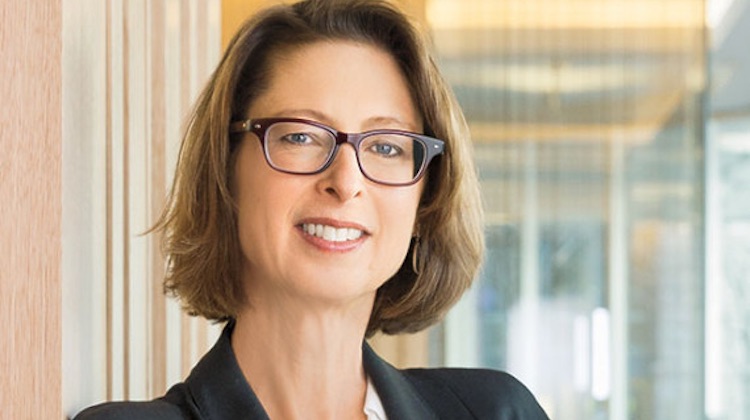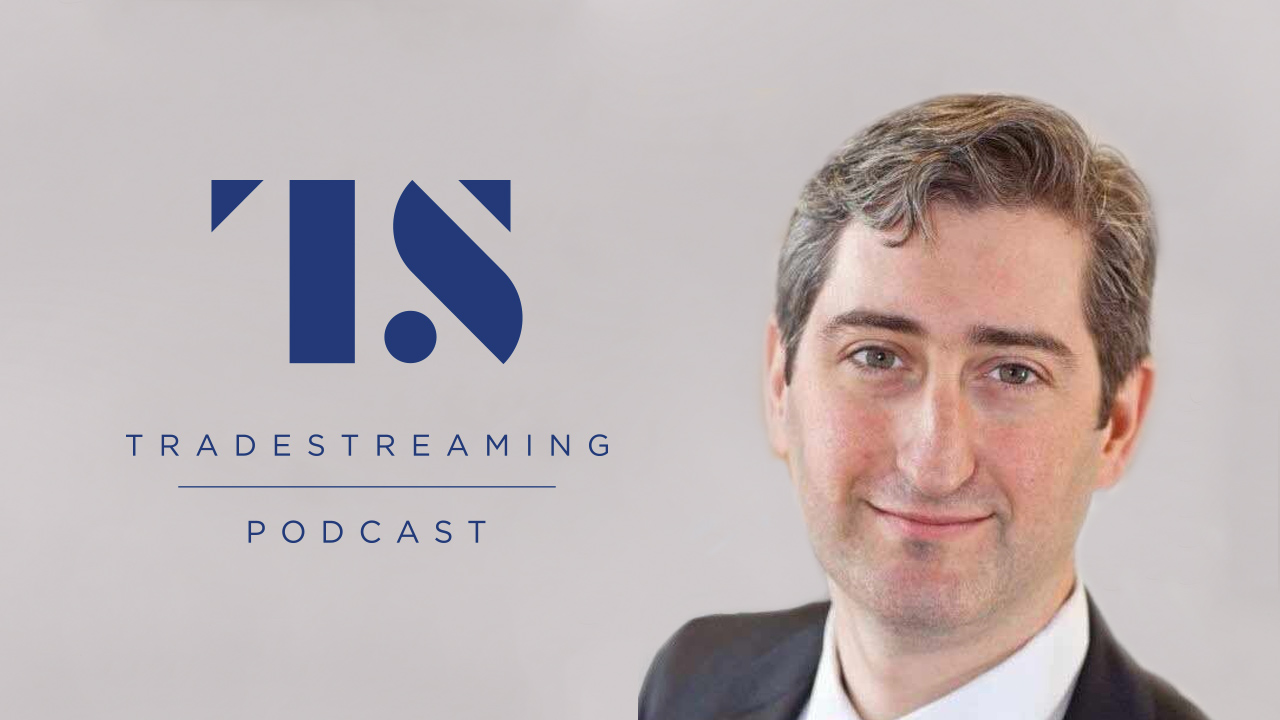Is the promise of Web3 in finance finally coming to fruition, or are we still in the early stages of a long journey from Bitcoin to tokenized assets?
As the cryptocurrency and Bitcoin market evolves, Bitcoin’s price swings draw attention. Traditional banks explore blockchain cautiously. People are curious about the current stage of Web3 development. The question remains: where are we on the timeline?
Today’s episode of the Tearsheet podcast features Rumi Morales. She is a partner and board member at Outlier Ventures. She discusses the current state and future potential of Web3 in the financial sector. Morales brings extensive experience from her roles at CME Group, Digital Currency Group, and Goldman Sachs.
Morales reflects on her decade-long journey in the cryptocurrency and Bitcoin space. She shares, “I would have answered this question a lot better 10 years ago when I first got into the space. I think I was full of hope and excitement and a lot of ambition.” Her perspective offers a nuanced view of the industry’s progress. She recognizes the progress and challenges of Web3 technologies in achieving mainstream adoption.
As the discussion unfolds, Morales provides valuable insights into the current state of Web3. She discusses the role of decentralization. She elaborates on the potential for blockchain technology to reshape traditional financial services. Her position bridges traditional finance and emerging technologies. This gives readers a well-rounded view of the future of digital assets and decentralized systems.
The Current State of Web3 in Finance
Morales starts by discussing the slower-than-expected adoption of Web3 in finance. She notes, “Reality has shown me that today, where are we? For those that seem to be succeeding, they are with the broader marketplace, they’re succeeding in a rather traditional way.”
This observation highlights a key challenge in the Web3 space. Such as the tension between decentralization and traditional business models. Morales says, “The question is, is that theory of decentralization ever gonna take over centralization? The jury is completely out for me on that one.”
Challenges and Opportunities for Web3 Startups
Morales notes the resource gap and bureaucracy Web3 startups face with traditional banks. She states, “Many times to get that contract signed, it has to go through how many layers of checks and approvals. And compliance and so on on the big companies and the little companies.”
This underscores the need for Web3 startups to articulate the problems they’re solving. And to prove tangible value to potential partners in the financial sector.
Role of Accelerators in Nurturing Web3 Innovation
Morales shares details about Outlier Ventures’ role as a Web3-focused accelerator. She explains, “We’ve probably accelerated around over 200 companies at this point. Helping them in their earliest stages of growth.” The accelerator provides support in different areas, like legal, marketing, finance, and token design. The aim is to build a robust ecosystem for Web3 startups.
Future of NFTs and Digital Collectables
Morales stays optimistic about NFTs and digital collectables, despite recent market changes. She notes, “There’s something powerful in digital collectables in a lot of use around gaming and media and sports. And it’s these kinds of consumer-focused applications where I think a lot of Web3 solutions can make sense.”
Morales recognizes the recent downturn in NFTs. Yet, she believes industries like fashion, gaming, and media will embrace them again. This is due to their focus on innovation. This perspective offers a counterpoint to the current narrative surrounding NFTs. It suggests that we may see a resurgence in this space as more practical use cases emerge.
Real-World Assets, Bitcoin and the Future of Tokenization
Discussing emerging trends, Morales highlights the potential of tokenizing real-world assets (RWA). She explains, “That is about being able to tokenize most anything. It doesn’t have to be a traditional security in the stock or bond sense of things.” This area represents a promising intersection between traditional finance and Web3 technologies.
The Big Ideas
- Morales emphasizes the importance of data ownership and privacy in the Web3 ecosystem. She states, “I do think when it comes to data and data ownership and privacy and individual rights, this idea that humans and individuals should be owning their data. And not giving it away to centralized entities is becoming more and more and more important.”
- There is tension between centralization and decentralization (such as with Bitcoin) in the Web3 space. Morales notes, “The question is, is that theory of decentralization ever gonna take over centralization? The jury is completely out for me on that one.” This observation highlights a fundamental challenge in the Web3 ecosystem. It is balancing the ideals of decentralization with practical implementation and human nature.
- Web3 startups face significant hurdles when trying to collaborate with traditional financial institutions. These challenges stem from mismatches in resources, bureaucracy, and operational timelines. Morales explains, “Many times to get that contract signed, it has to go through how many layers of checks. And you’re just hoping that they don’t run out of money to get something done to prove that you can do this.”
- Accelerators are essential for nurturing Web3 innovation by supporting early-stage startups. This highlights the importance of investing in startups. Morales explains the role of Outlier Ventures in this ecosystem. She says, “We’ve probably accelerated around over 200 companies at this point, helping them in their earliest stages of growth. So these are pre-seed or seed stage companies.”
- Tokenization of real-world assets represents a promising area for convergence between Web3 and traditional finance. Morales states, “That is around being able to tokenize most anything. It doesn’t have to be a traditional security in the stock or bond sense of things.”
Watch the full episode
Listen to the full episode
Read the transcript (for TS Pro subscribers)















